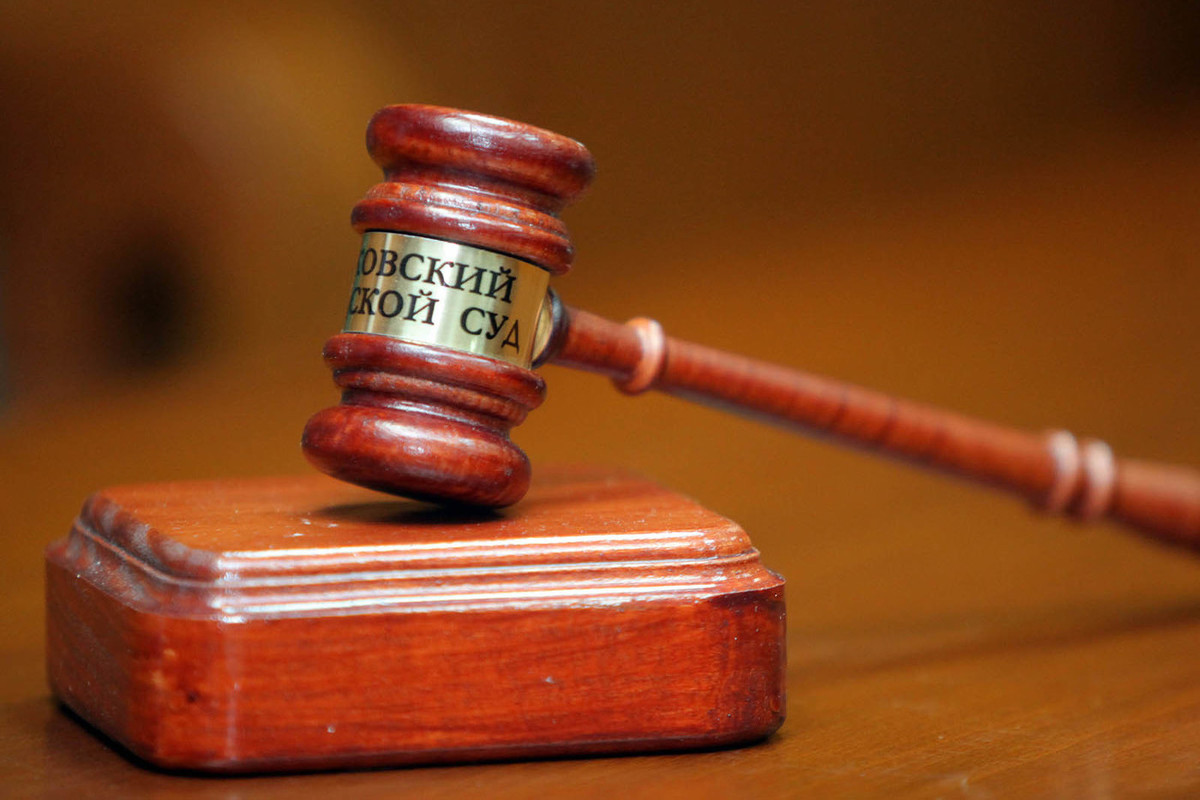The court ruled to pay moral compensation for the publication of a video with the deceased
[ad_1]

During his lifetime, the hero of the video abused alcohol
The citizen who posted videos discrediting the deceased on one of the social networks will have to compensate for moral damage caused to the mother of a deceased worker. This conclusion was reached by the first cassation court of general jurisdiction, having considered a case in which lower courts issued more lenient verdicts.
According to the press service of the Court of Cassation, the citizen appealed to the court after she discovered a video of her late son on the Internet. The man in the video was so drunk that he could not stand up on his own. As it turned out, during his lifetime he built a dacha for the author of the video, who paid the worker, including with alcohol.
After the death of the builder, the owner of the dacha decided to mock him and posted videos online, which he found very funny. The mother of the deceased, to put it mildly, did not agree with his opinion and filed a lawsuit to recognize the information contained in the videos as discrediting the honor and dignity of her deceased son. She asked to recover compensation for moral damages for interference in personal life, dissemination of information about private life, and to delete the videos.
The courts of first and appellate instances agreed that the author of the video recordings was wrong, but they did not agree that he should bear financial responsibility for his actions. So at first everything was limited to the fact that the man was obliged to delete the video. He did just that. But the woman was not satisfied with this result, and she appealed to the court of cassation.
And success awaited her in the court of cassation. Having familiarized itself with the circumstances of the case, the court came to the conclusion that the summer resident caused moral suffering and distress to the mother of the deceased, and decided to send the case for a new appeal hearing.
[ad_2]
Source link








